9 Strategies to Master the Art of Waking Up Early
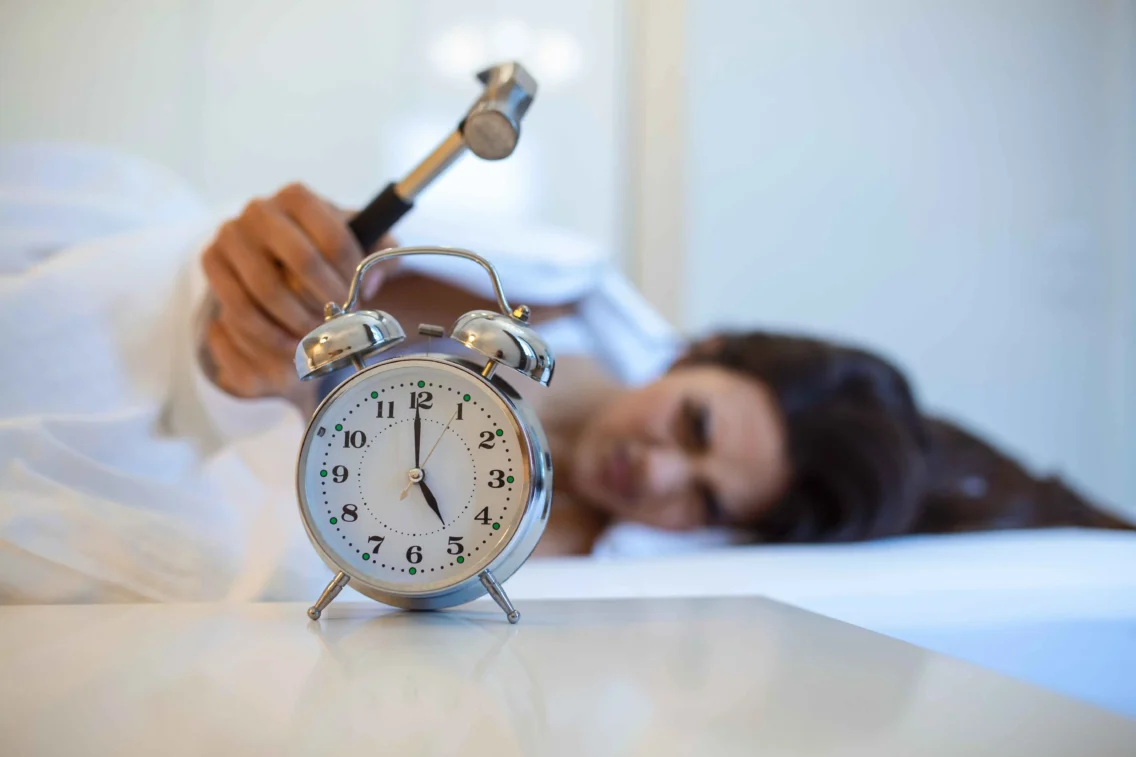
Waking up early can be a challenging feat for many, but it’s a habit that has the potential to drastically improve our lives.
Sleep, an essential aspect of our overall health and well-being, has a profound influence on our productivity, mood, and even our long-term health.
Mastering the art of waking up early can unlock additional hours in our day, allowing us more time to focus on our goals, spend with loved ones, or engage in self-care.
Despite the societal stereotype of success being equated to late-night hustle, waking up early is a secret weapon many successful people use to get a head start on the day.
Based on some research, I have compiled these nine strategies to help you conquer the challenge of early rising, and make the most out of your mornings, and ultimately, your life.
1- Give yourself enough time for a full night’s sleep.
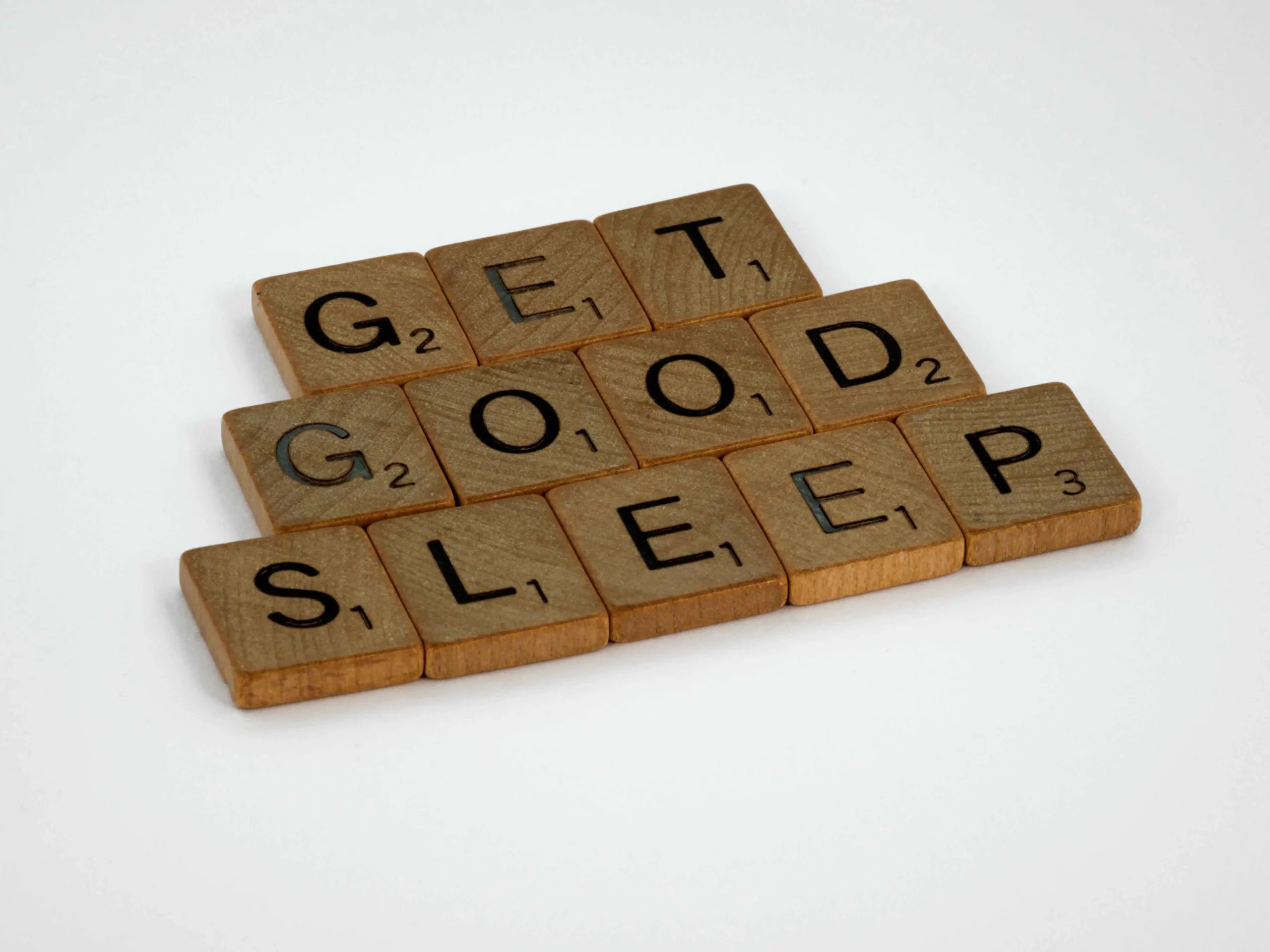
While individual sleep needs may vary, it is generally recommended that adults aim for approximately eight hours of restful sleep per night. This ensures waking up feeling refreshed and rejuvenated, regardless of whether some adults function well with seven hours or others require closer to nine.
Janet Kennedy, Ph. provides valuable insights on determining the ideal bedtime based on your desired wake-up time. Discover how to optimize your sleep schedule with this expert advice:
- Take into consideration the time you need to be awake and set a recurring alarm accordingly. If you have no scheduling constraints, choose a time that aligns with your lifestyle.
- Maintain this new schedule consistently for a couple of weeks. Wake up at the same time every day, resisting the temptation to hit the snooze button.
- Monitor your progress using a sleep diary. Pay attention to when you naturally start feeling tired at night, as it can provide valuable insights into your individual sleep needs.
- Fine-tune your sleep-wake schedule until you establish a routine that feels manageable. With enough consistency, your body will adapt to this new wake-up time, and you may even find that you no longer need an alarm to rise and shine.
- Work your way backward and determine the ideal bedtime that allows you to achieve the recommended hours of sleep your body requires.
2- Discover your sleep chronotype.
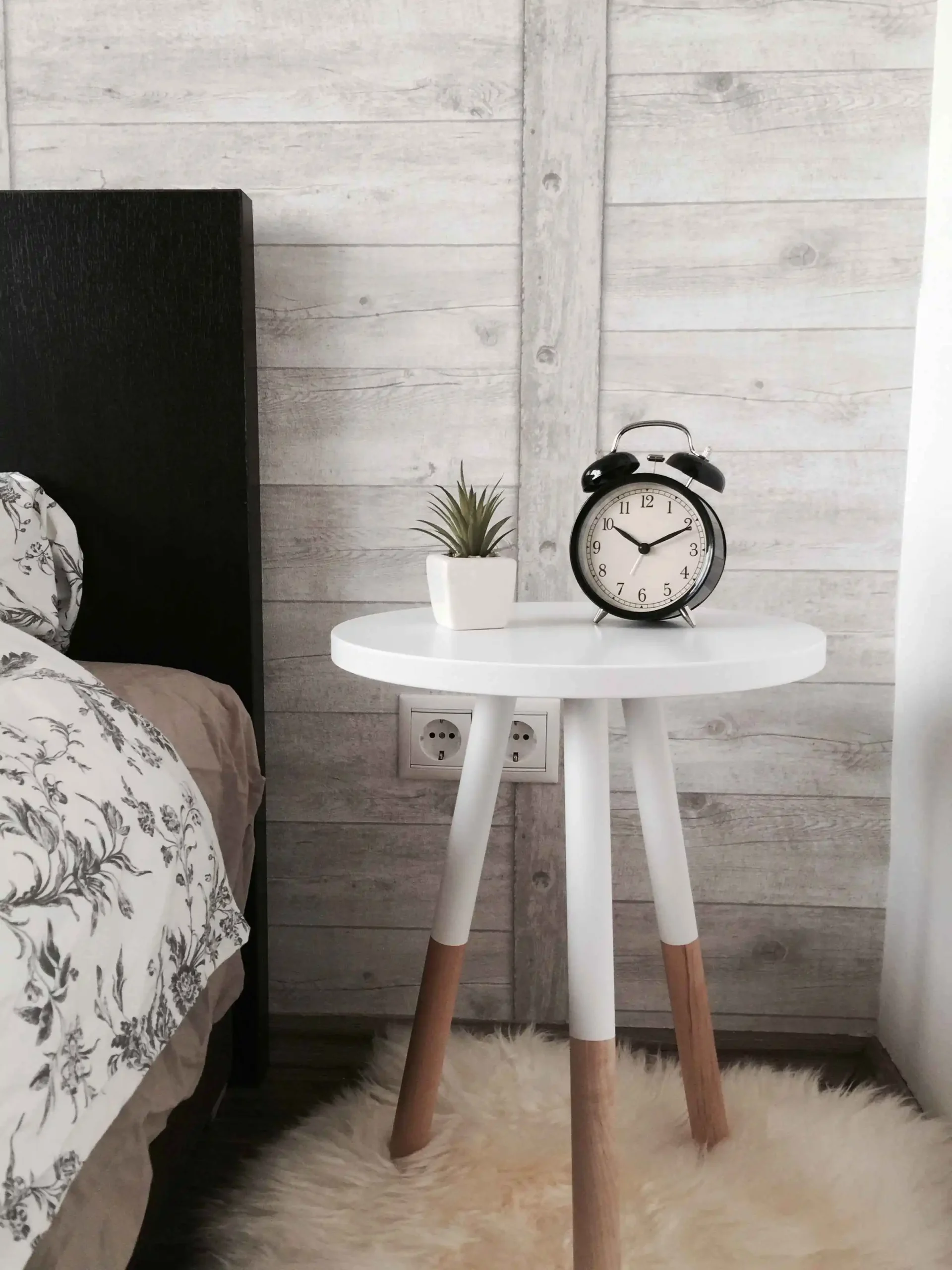
Every one of us possesses a unique circadian rhythm that dictates our energy levels and sleepiness. It’s fascinating to note that these rhythms vary from person to person.
According to Michael J. Breus, a sleep specialist with board certification and a Ph.D., individuals generally fall into one of four “sleep chronotypes” or patterns that align with their circadian rhythms.
Understanding your specific chronotype can help you establish an ideal schedule that caters to your natural sleep tendencies.
Breus explains that many people struggle to wake up early due to a lack of awareness about their chronotype. This genetically determined sleep schedule reveals whether you are naturally inclined to be an early bird or a night owl.
Here’s a quick quiz to figure out whether you’re a bear, lion, wolf, or dolphin chronotype.
Once you know yours, here’s our guide to the optimal daily schedule for each chronotype.
3- Make sure to get plenty of natural light during the day.
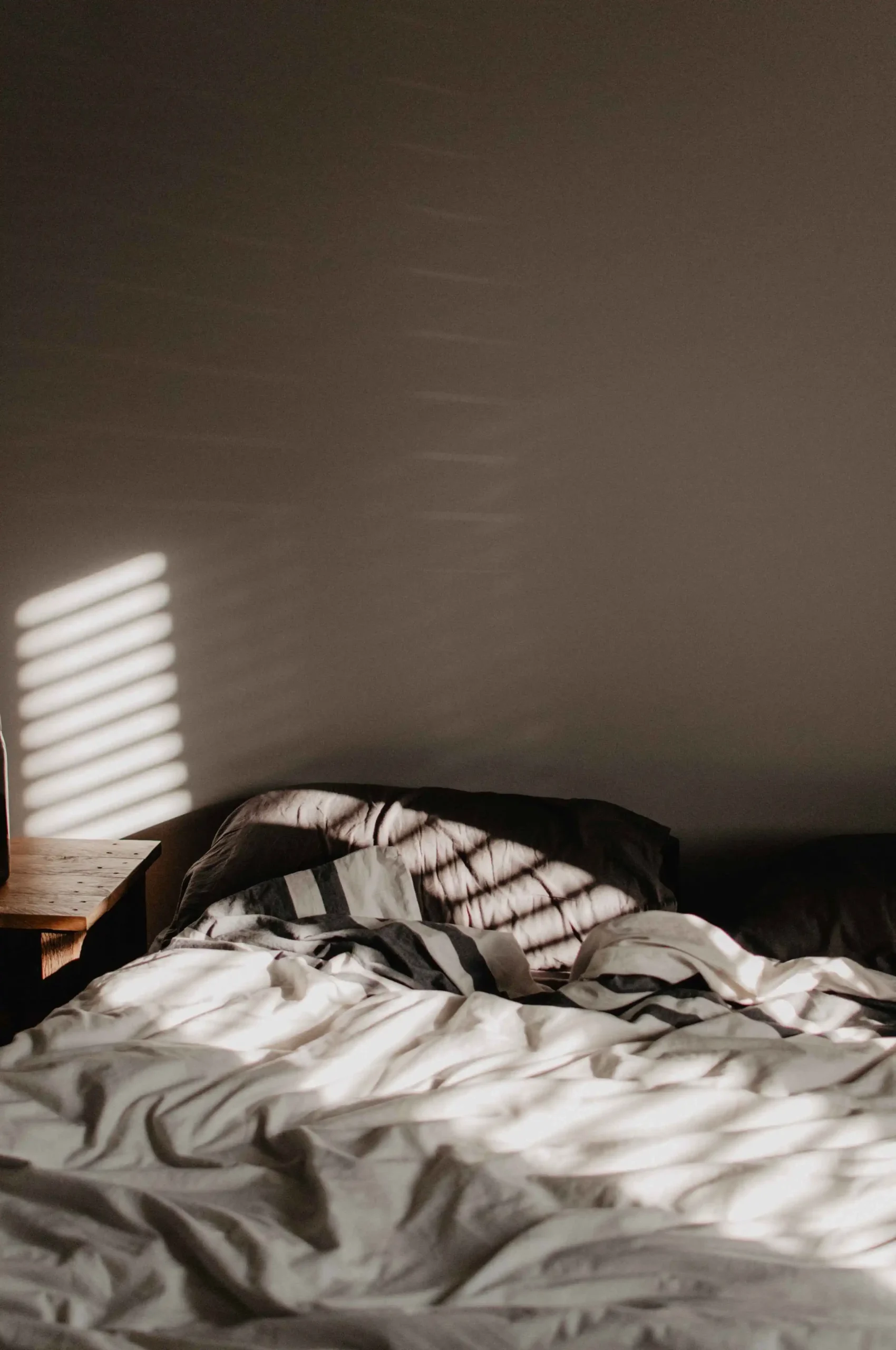
An effective method to influence or reset your circadian rhythm is by harnessing the power of light. Light serves as a vital cue for our internal clock, distinguishing between day and night. Dr. Breus suggests exposing yourself to natural light in the morning to awaken your senses and establish a consistent wake-up routine.
This not only helps you rise and shine but also communicates to your body that it’s time to start the day.
In addition to exposing yourself to light in the morning, it’s important to note that as the evening approaches, it’s best to steer clear of light, especially blue light.
4- Find an accountability partner.
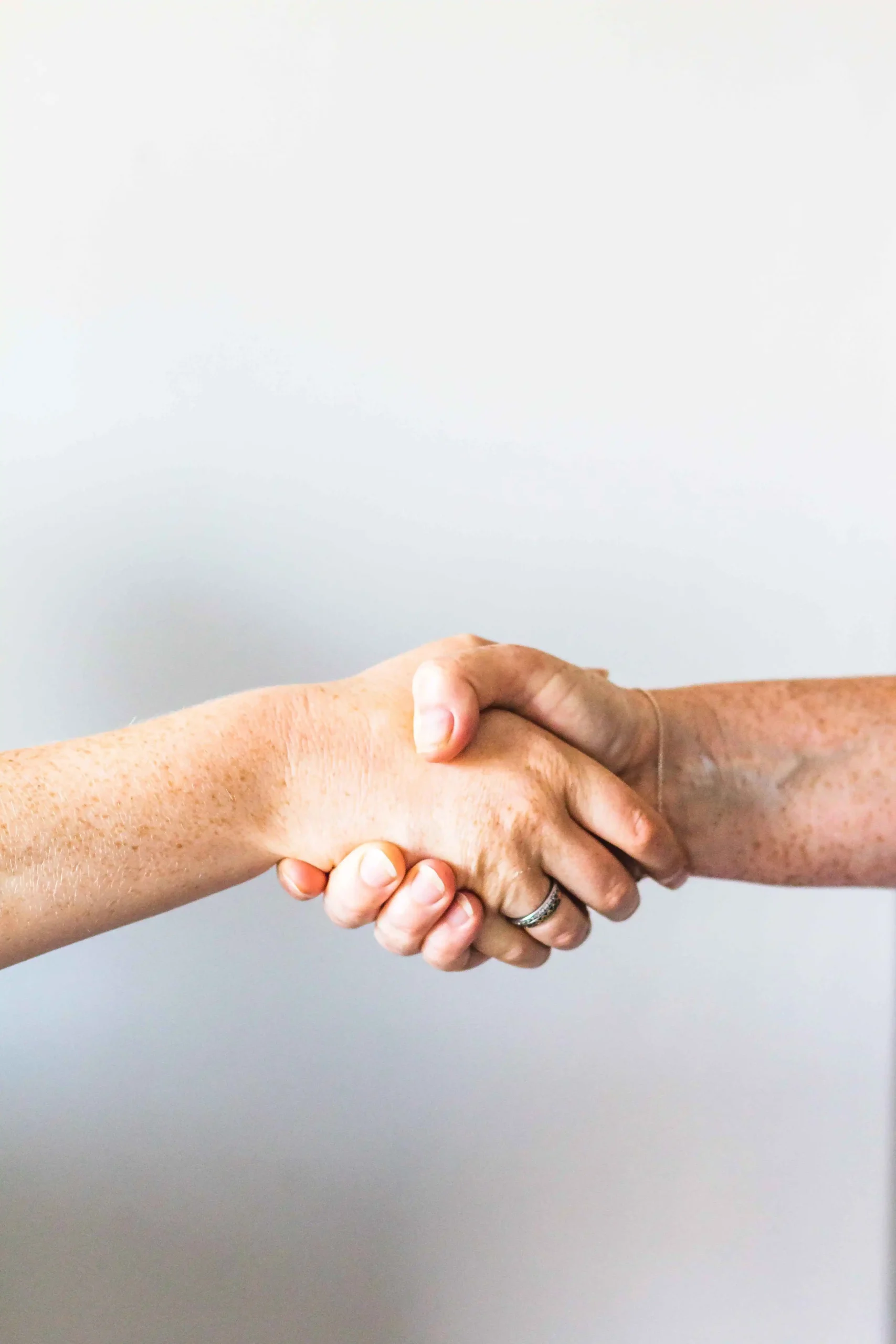
If you have a partner or roommate, or even a friend who shares your goal of waking up early, consider partnering up with them for accountability.
It’s an intriguing example of a person who has a wake-up accountability partner.
They both commit to waking each other up with phone calls. It’s a great way to stay motivated and ensure you both stick to your morning routine.
5- The Power of a Consistent Daily Routine
A well-established circadian rhythm relies on a regular routine; the more consistent your daily schedule, the easier it is to wake up at the same time every morning effortlessly. Embrace the power of consistency for a smoother start to your day.
Aim to go to bed and wake up at the same time every day, even on weekends. This not only helps regulate your body clock but also ensures you get enough quality sleep each night.
In addition, try to incorporate other healthy habits into your daily routine, such as exercise, a nutritious breakfast, and mindfulness practices. These small but powerful actions can help improve your
6- Discover the Ultimate Sleep Solution: Try a Top-Quality Sleep Supplement!
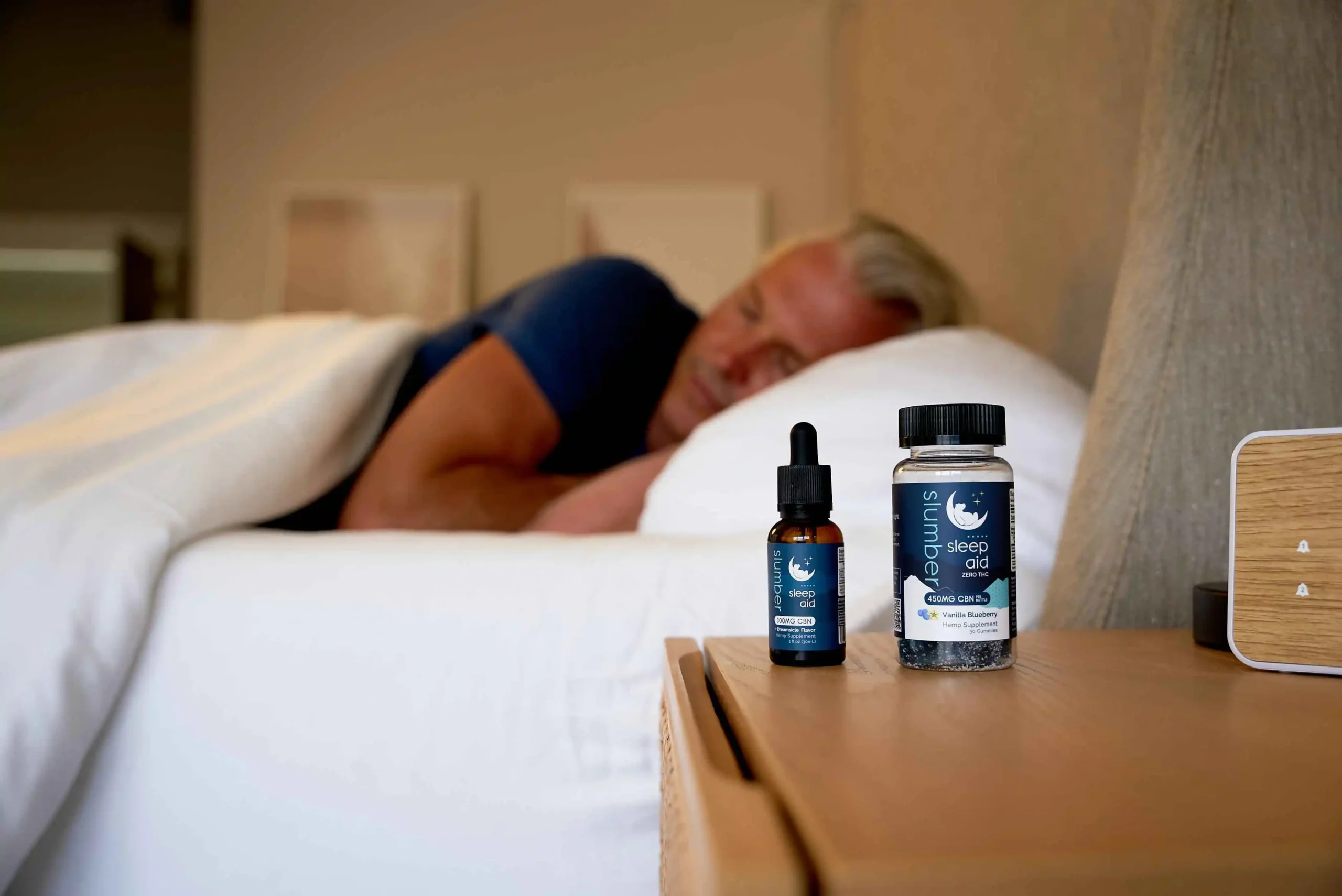
Establishing a habit of waking up early begins with preparing yourself for a restful night’s sleep.
This is where a high-quality sleep supplement can be beneficial.
With countless options available in the market today, it’s important to seek out products that are supported by research and contain ingredients like magnesium bis-glycinate or jujube seed extract.
By making informed choices, you can optimize your sleep routine and reap the benefits of starting your day refreshed and energized.
7- Be mindful of your intake of caffeine and alcohol.
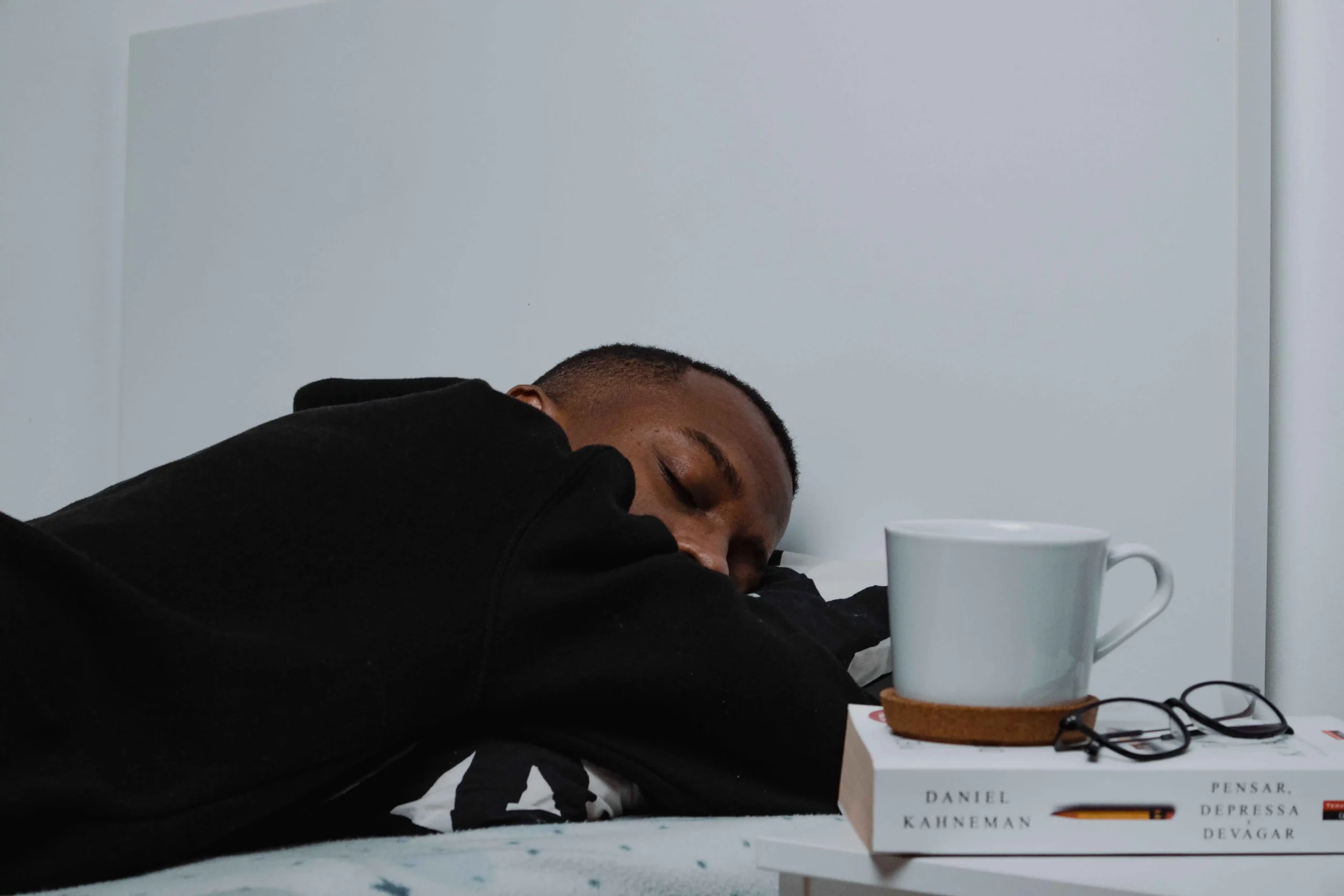
Caffeine, despite being seemingly obvious, can stay in your system longer than anticipated. Research suggests avoiding caffeine at least six hours before bedtime to prevent any issues with falling asleep.
Surprisingly, alcohol, despite its sleep-inducing effects, can disrupt sleep by affecting your body’s natural production of melatonin and potentially worsening symptoms of sleep apnea, such as snoring.
8- Avoid hitting the snooze button.

Think of the snooze button as your arch-nemesis when it comes to waking up early. According to Dr. Dana Cohen, an integrative medicine physician, until your sleep schedule becomes consistent enough to not require an alarm, you’ll still need to set one. And when it goes off, make yourself get up immediately.
9- Make your mornings enjoyable.

Lastly, to increase your chances of waking up early, having something to anticipate at the start of your day is crucial. It could be savoring your favorite breakfast, engaging in an invigorating workout, or taking a refreshing morning stroll in your neighborhood.
Benefits of waking up early
There are numerous benefits to waking up early, even if your definition of “early” differs from others. Remember, while bears and lions may rise at 6 a.m. effortlessly, if you’re more of a wolf and prefer waking closer to 7 a.m., there’s no need to force yourself to get up earlier.
Once you establish a consistent wake-up time, your morning routine becomes a reliable pillar of your day.
You and your body know what to expect, resulting in increased alertness and potentially even waking up naturally without an alarm.
Here are some benefits of waking up early:
- Enhanced productivity: Rising early can give you a sense of having more hours to accomplish tasks.
- Consistent sleep schedule: Maintaining a regular wake-up time, even on weekends, helps avoid “social jet lag” that disrupts sleep.
- Improved cardiometabolic health: Avoiding sleep disruptions can positively affect cholesterol, diet, and overall health, as studies indicate.
Why can’t I wake up early?
There are several reasons why waking up early can be a challenge. According to Dr Breus, if you feel tired in the morning, it’s likely because you’re working against your circadian rhythm and chronotype. For instance, a night owl who sets their alarm for 6 a.m. may find it difficult to wake up because their melatonin (sleep hormone) hasn’t worn off until 7 or 8 a.m.
Hitting the snooze button can also disrupt your ability to wake up properly.
As previously mentioned, nobody benefits from hitting snooze. It doesn’t allow for restful sleep and prevents a relaxed morning routine.
Other factors that can affect your ability to wake up include excessive caffeine or alcohol consumption, stress, an inconsistent routine, or a sleep disorder.
The takeaway
Whether you’re naturally an early bird or more of a night owl, sometimes life requires us to wake up early. The good news is, with a consistent routine and a few helpful morning hacks, anyone can be a morning person—and you may not even have to set an alarm.









